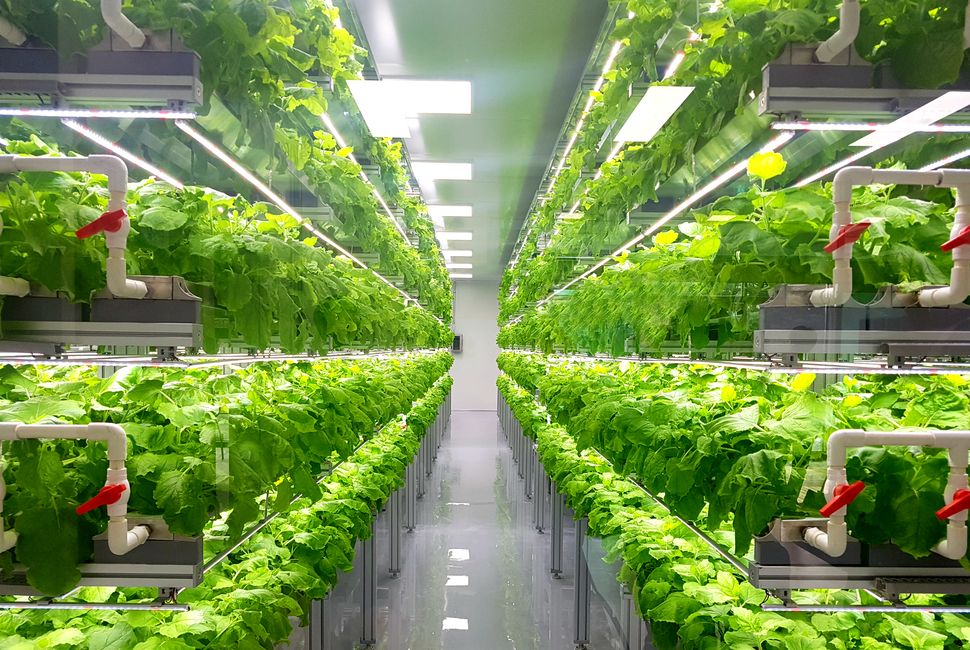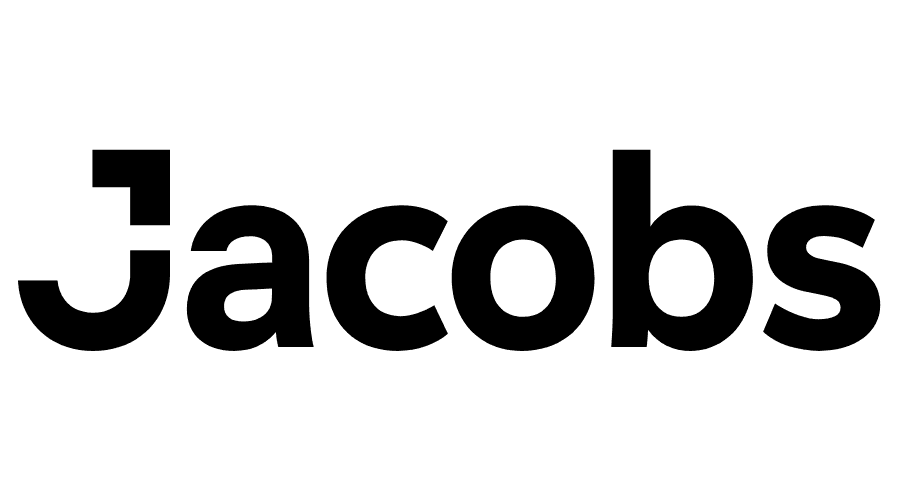
Infarm is leading the race in Europe. It has shipped over a thousand of its “farms” to shops and chefs.
They primarily grow lettuce, wasabi rocket and basil but are also starting to diversify and include tomatoes and shiitake mushrooms.
Partners include Aldi, Carrefour and Marks & Spencer.
Their USPs:
-
- Modular design – think of a giant LEGO set which enables quick installation.
- Business model – it has no stores, clients buy the plants and everything that’s grown belongs to them.
The next step is to scale its next generation of 18-metere-high vertical farms which are fully-automated, controlled by software and served by robots.
These new units typically use 95% less water, 99% less space and 75% fewer pesticides than conventional land-based farming. This translates into fresher produce and a smaller carbon footprint.
Other examples include…
AeroFarms, based in US, doesn’t use soil. Instead, it mists the roots of their greens with nutrients, water, and oxygen, using its award-winning aeroponic technology.
It claims 390 times greater productivity per square foot annually vs. traditional field farming. They also use the latest sensing technologies & data science, as well as tools such as machine vision and AI.
Bowery Farming, also US-based, uses an agile operating system that’s focused on flavor, freshness, and safety. It takes photos of crops in real time for analysis.
Their greens are sold at hundreds of retailers including Whole Foods Market, Walmart and Amazon Fresh.
But what lies beyond the expensive herbs which, let’s be honest, it’s not going to magically solve the environmental impact of agriculture or indeed world hunger?
Well, more than half the world’s food energy comes from wheat, corn and rice. It’s currently not possible to replicate the required conditions for to grow these in vertical farms but I’m sure the technological advances in vertical farming and other adjacent industries will help solve this problem.
Plus vegans and vegetarians are on the rise so are cell-grown or insect-based meat.
What I found most fascinating, is the recent discovery of the effect green light has on certain plants. Some spectra can increase the vitamin C in kiwis, while others extend shelf-lives by almost a week.
I wonder if we’ll be able to get our entire vitamin C recommended intake from just one fruit or one vegetable in the future…

































































